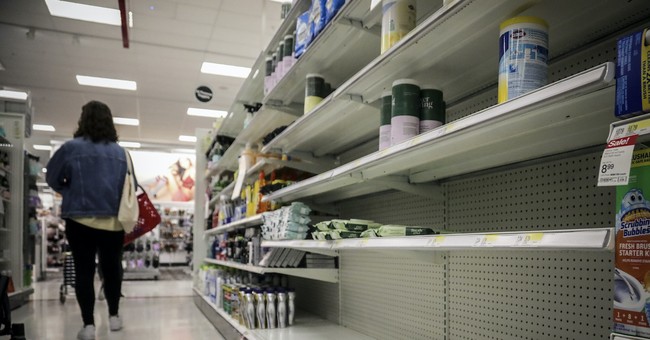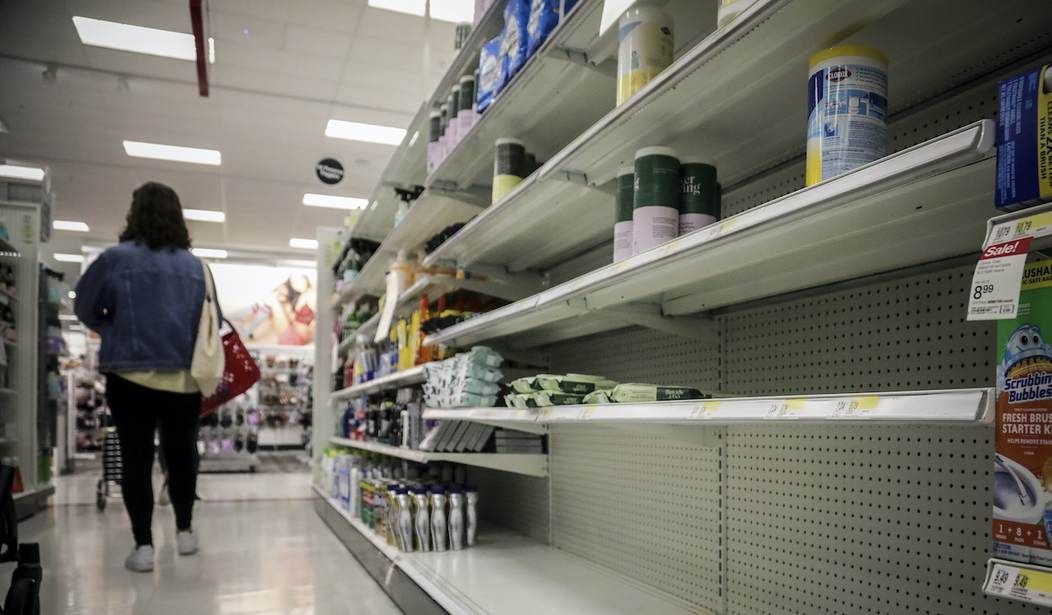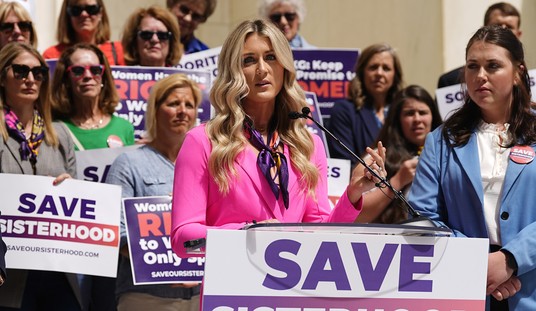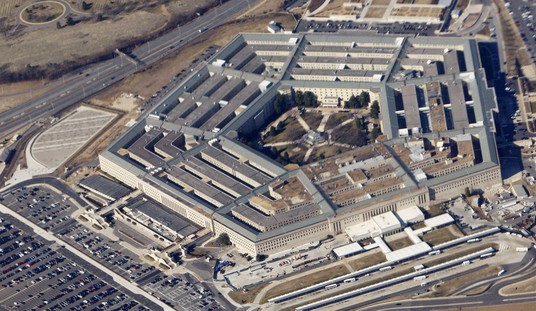
Empty shelves for disinfectant wipes wait for restocking, as concerns grow around COVID-19, Tuesday March 3, 2020, in New York. (AP Photo/Bebeto Matthews)
Like a lot of people in America, I’ve had a lot of time to dwell on what’s going on right now as shelter at home orders or lockdowns have been mandated in various states.
They say that the quiet can be calming, but in this particular scenario when it has been brought about thanks to social distancing recommendations made in hopes of flattening the curve, sometimes the quiet can be overwhelming and can lead to “overthinking” about things.
Perhaps overthinking is what I’ve done over the last several days as I, along with millions of others, have tried to settle into what is – for now, anyway – the “new normal.”
Or perhaps not.
“Shelter in place” has been the order of the day in North Carolina for a little over a week now. Before that, it had already been put in place in several counties around the state, including mine.
It’s funny (but not so much) the things you take for granted. Mundane tasks like simply going to the grocery store or going through the drive thru at a local fast food restaurant are so tense now. There are those who actively avoid any and all interaction, and there are those who clearly still don’t know what “social distancing” means.
I was in a local chain grocery store the other day and was checking out after shopping for some supplies for me as well as for my mom and dad. I had on gloves and a mask, which was becoming a “new normal” around here even before the CDC did an about face on recommending people wear them when they go out.
The cashier was very talkative. Too talkative. All I kept thinking was “the more she talks, the more opportunities she has to spread germs in the air.” And I couldn’t stay but so far away from her considering I had to grab my bags, put them in the buggy, and pay for my purchases.
Normally I don’t mind talkative cashiers. I don’t mind anyone who is talkative, really, because I like to chit chat with people, too, whether I know them well or just happen to be standing in front of them in the checkout line. It’s a way to get through the day. Lighthearted moments. A way to pass the time. It’s also polite.
These types of everyday moments are few and far in between now. So many are worried about whether or not they’ll catch someone’s germs that they don’t speak much, and certainly don’t hug, the latter of which was very commonplace here in the South before the virus hit.
Going through the drive through for take-out is different, too. Instead of simply grabbing the food and my debit card and sneaking a couple of bites on the road, I wipe down my debit card with a handwipe and try to do the same with the box/container the food came in.
I try to only use one wipe for both, and for my hands as well, since hand wipes and sanitizer are not to be found anywhere these days. So different from the way things used to be.
Unlike before, I don’t eat until I get home and have a chance to wash my hands in hot, soapy water. Used to be for me that a hand wipe was enough, but not anymore.
I miss being able to hug my mom and dad. Before all of this, I was at their house two weeks out of the month to help them with whatever they needed. Now, the best thing I can do to help them is to stay away. It doesn’t feel right, but it’s the “new normal.”
I try to keep things in perspective, though. My family and I, thank God, have been remarkably blessed through all of this. And I pray that continues well after the crisis is over.
At some point down the line, (hopefully) these surreal experiences will be a thing of the past. We won’t have to worry about the grocery store being out of toilet paper, and won’t have be concerned that the police are going to break up gatherings by the lake. Things on that front, anyway, will get back to normal.
But what keeps me up at night beyond the fear that my loved ones or I will come down with the virus is how the country will be once we’ve been able to successfully combat the Wuhan coronavirus.
What will the level of PTSD be among our healthcare workers, and those who lost loved ones? Pretty strong, I imagine. Communities will need to make sure they’re up to the task of being there for them in their time of need.
Also, there has been such a concerted push by the media and people on all sides of the aisle to just go along with whatever the government recommends you do in this fight. To a certain extent, I’ve been a part of that. But I’ve also asked questions, trying to understand the numbers, the justification for the strict guidelines that have been put into effect in my state for what is considered “essential” and what isn’t, what we can and can’t do, etc.
I haven’t gotten many answers. That’s very troubling to me.
When all of this is said and done, will most Americans look back on what happened and determine that the government at all levels did the right thing, or will most feel like they overreacted and took things too far?
In addition to that, will the government do a thorough assessment of what went right and what went wrong, so when the next pandemic threatens, we can put a lid on it before the outbreak hits our shores?
Will those who went out of business ultimately be able to bounce back?
So many questions here, but we won’t have the answers to them for quite some time. In the meantime, I pray for my family, and all those on the front lines including our healthcare workers in hospitals and doctors offices, suppliers, truckers, grocery store, hardware store, and fast food workers, and anyone else declared as having a job essential enough that they have to drive in to work every day and interact with other people.
I also pray that our country becomes stronger, smarter from this. Only time will tell.














